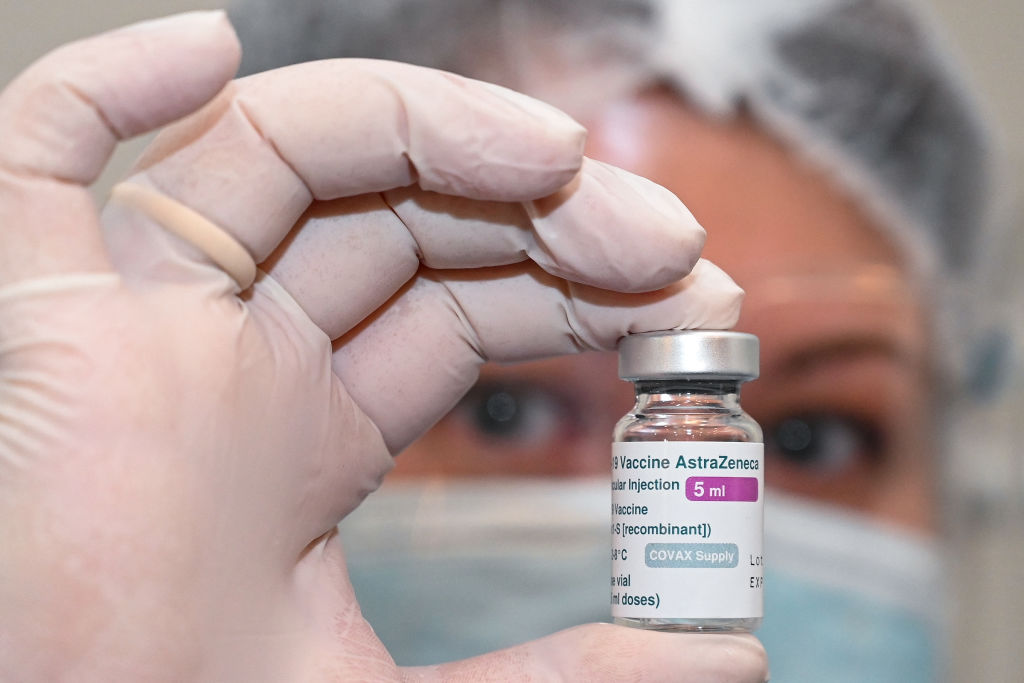Even countries suspending AstraZeneca's COVID-19 vaccine say there's no proof of blood clot risk


A free daily email with the biggest news stories of the day – and the best features from TheWeek.com
You are now subscribed
Your newsletter sign-up was successful
Ireland and the Netherlands late Sunday joined Iceland, Denmark, Norway, and a few other European countries in suspending inoculations with the COVID-19 vaccine developed by AstraZeneca and Oxford University, pointing to reports of serious blood clotting in Norway among a handful of people who received the AstraZeneca vaccine. Irish and Dutch medical authorities stressed that this is a temporary precautionary measure and there is no evidence that Norway's four cases of blood clotting, including one death, were linked to the vaccine.
The European Union's drugs regulator and World Health Organization have also said no data suggests a link between the AstraZeneca vaccine and an increased risk of blood clots. In a statement Sunday night, AstraZeneca said "the safety of the public will always come first " and it is "keeping this issue under close review, but available evidence does not confirm that the vaccine is the cause."
A review of the 17 million people in Europe and the U.K. who have already received the vaccine found 15 cases of deep vein thrombosis and 22 pulmonary embolisms, AstraZeneca said, adding those numbers are "much lower than would be expected to occur naturally in a general population of this size and is similar across other licensed COVID-19 vaccines."
The Week
Escape your echo chamber. Get the facts behind the news, plus analysis from multiple perspectives.

Sign up for The Week's Free Newsletters
From our morning news briefing to a weekly Good News Newsletter, get the best of The Week delivered directly to your inbox.
From our morning news briefing to a weekly Good News Newsletter, get the best of The Week delivered directly to your inbox.
AstraZeneca is right about the lack of any statistically significant risk, Cambridge University statistician David Spiegelhalter writes in The Guardian. "Some anxiety about a new vaccine is understandable, and any suspected reactions should be investigated," but correlation is not the same as causation and "so far, these vaccines have shown themselves to be extraordinarily safe. In fact, it's perhaps surprising that we haven't heard more stories of adverse effects. There could well be some extremely rare event that is triggered by COVID-19 vaccines, but there is no sign of this yet."
The vaccine has not yet been approved by the U.S. Food and Drug Administration.
A free daily email with the biggest news stories of the day – and the best features from TheWeek.com
Peter has worked as a news and culture writer and editor at The Week since the site's launch in 2008. He covers politics, world affairs, religion and cultural currents. His journalism career began as a copy editor at a financial newswire and has included editorial positions at The New York Times Magazine, Facts on File, and Oregon State University.
